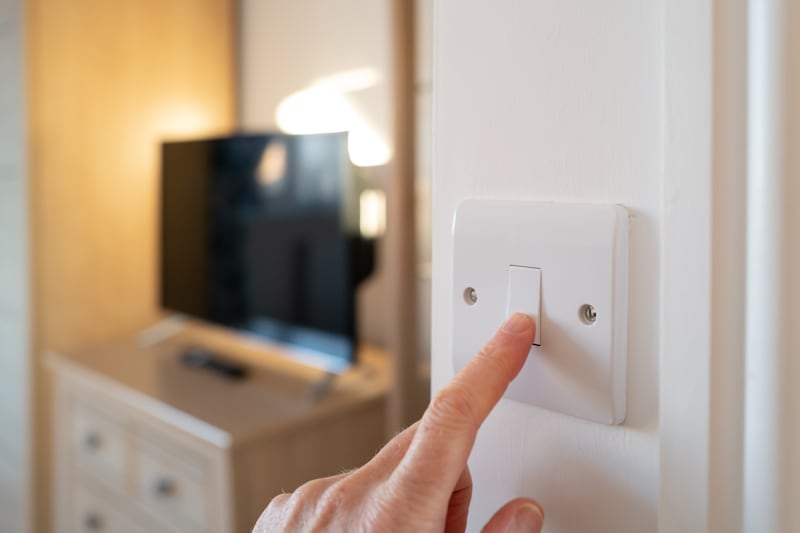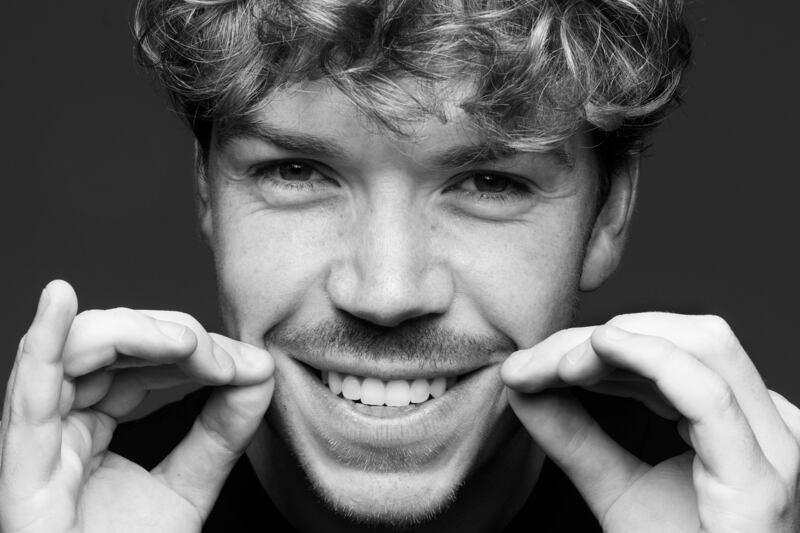THE north of Ireland has some of the highest rates of mental health problems in Europe. It probably won’t surprise you to read that I contribute to these statistics.
I often joke that I needn’t have bothered going to university to get letters after my name because I already had some. Brónagh Diamond, BA (Hons), ADHD, OCD may not be as impressive as the post-nominal initials of a Cambridge scholar but I do like to think of them as little honorary awards for surviving childhood trauma.
Most representations of obsessive compulsive disorder on the television are typically depicted through a tediously organised character with some quirky idiosyncrasies (take Monica from Friends or Sheldon in The Big Bang Theory). TV rarely represents things accurately, especially certain aspects of mental health disorders where films tend to romanticise depression, demonise schizophrenia and trivialise anxiety which in turn casts aspersions on those who suffer in real life. Emphasis on the word “suffer”.
I’ve actually heard people declare “I could do with a bit of OCD so I can keep my house tidy” to which I reply: “Please, take mine! Your house won’t be any cleaner but you can while away a few hours every day fending off intrusive thoughts and flicking light-switches on and off in sets of two!”
OCD is an anxiety disorder. My own manifested as a child when I would fret that my mother would die so I would complete little rituals believing they would keep her safe. I think this was seeded in my mind by everyday superstitions - for example, how many people still feel a bit uneasy when they spot a magpie on its own even though we know it’s nonsense to think that seeing a bird will bring us sadness? Incidentally I acknowledge that many a straight man may declare that they’ve seen a few birds who gave them grief but I took ‘one for sorrow, two for joy’ quite seriously which is how I decided two was a magic number - contrary to what Bob Dorough sings.
A therapist once said: “It’s called magical thinking, Brónagh! If all your thoughts came true, then why haven’t you won the lottery?” I wish I could say this realisation cured me but it took a lot of work and talking therapy after years of being shipped from pillar to post as a child while doctors scratched their heads and shrugged at my mother when she told them how I didn’t sleep at night because I lay awake repeating my prayers in sets of two until I probably put God to sleep.
I was so embarrassed by my affliction that I never fully opened up about it for years. MI5 could not have waterboarded this information out of me because I figured that if I told a doctor what I was really thinking, they wouldn’t even let me home for my slippers. Happily, cognitive behavioural therapy and Fluoxetine helped me to stop ruminating about disaster and accept that I can’t extend anyone’s lifespan through wishing it so, but many people suffer in silence every day.

We Irish are known to greet each other by saying ‘How are ye?’ with the standard answers being ‘Grand’ or ‘Ock, the usual’ - never dreaming of traumatising some poor passerby with the truth.
I can see it now: “All right, Brónagh, how are ye?”. ‘Well actually, John, I’m going through a bit of an existential crisis. I can’t remember what it feels like to be happy and I’m terrified that I’ll never experience joy again - what about yourself?”
You would begin to notice people crossing the street to avoid you, although I would prefer this to small talk. Never mind the weather, Moira, when’s the last time you had a good cry?
Mental illness is no walk in the park, which, incidentally, is what your doctor might suggest you do if you’re lucky enough to get an appointment to tell them that you’re morbidly depressed. It’s all fair and well advertising that ‘it’s OK not to be OK’ and to ‘reach out for help’, only for our healthcare system to fail people when they bravely do.
It’s not all doom and gloom, however. There are some excellent charities set up to cope with those of us who cannot cope, such as PIPS, Mindwise and Aware NI. Take heart, even the most tangled earbuds can be unbound with patience - I’m not even very superstitious any more… touch wood.










